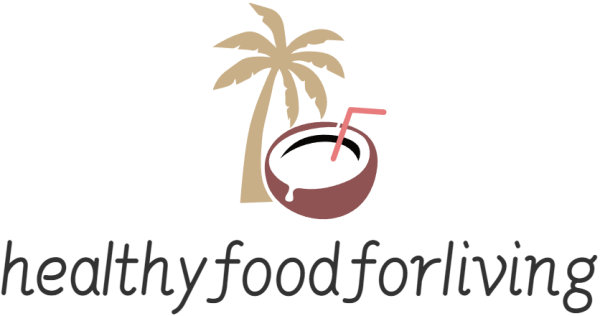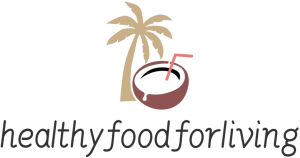In the pursuit of a fit and active lifestyle, what you eat plays a pivotal role in how you perform and recover. The term “superfood” is often tossed around in health circles, implying that these foods have superior nutritional benefits. Indeed, incorporating these nutrient-dense foods into one’s diet can help maintain high energy levels, enhance physical performance, and accelerate recovery times. This essay explores a variety of superfoods that are particularly effective for those looking to stay energized and fit.
Understanding Superfoods in the Context of Fitness
Superfoods are primarily known for their high density of nutrients, including vitamins, minerals, antioxidants, and other health-promoting compounds. For fitness enthusiasts, these foods are not just about general health; they’re about optimizing body functions during and after workouts. Foods that are rich in antioxidants, for example, can reduce oxidative stress caused by intense exercise, while those high in protein are crucial for muscle repair and growth.
Carbohydrates for Energy
Carbohydrates are the primary fuel source for high-intensity workouts. Whole grains like quinoa and oats are excellent sources of complex carbohydrates, which provide a steady release of energy, as opposed to the quick spikes caused by simple sugars. Quinoa is particularly beneficial due to its high protein content, making it a dual-purpose superfood for energy and muscle recovery. Sweet potatoes, another superfood, are not only rich in carbohydrates but also packed with beta-carotene and vitamin C, aiding in immune function and antioxidant protection.
Proteins for Muscle Repair
Protein is a cornerstone of muscle repair and growth. Superfoods such as salmon and chicken breast are high in protein and contain essential amino acids needed for muscle recovery. Plant-based proteins like lentils and chickpeas also offer substantial protein along with fiber and other nutrients, making them excellent choices for vegetarians and vegans. Incorporating a variety of protein sources ensures a wide range of essential nutrients, supporting overall fitness and health.
Fats for Endurance
While often vilified in diet culture, fats are essential, particularly for long-duration aerobic exercise. Avocados, for example, provide healthy monounsaturated fats, which can help sustain energy during prolonged exercise sessions. Nuts and seeds, including almonds and flaxseeds, are other powerful sources of energy-dense fats, plus they offer protein and fiber, which help in appetite control and weight management.
Antioxidant-Rich Foods for Recovery
Exercise induces oxidative stress, and consuming foods high in antioxidants can help mitigate the damage caused by free radicals. Berries such as blueberries, strawberries, and raspberries are rich in antioxidants like vitamin C and flavonoids, which assist in recovery and reduce muscle soreness. Dark leafy greens like spinach and kale are loaded with vitamins A, C, and K, as well as minerals like iron and calcium, which support muscle function and overall health.
Hydration and Electrolytes
Hydration is critical in any fitness regimen, but the electrolytes lost through sweat must also be replenished. Coconut water emerges as a superfood in the context of hydration due to its high levels of potassium and natural electrolytes, making it an ideal drink for rehydration post-exercise. Moreover, adding a pinch of salt to water can help replenish sodium, another crucial electrolyte lost during intense workouts.
Timing Your Nutrition
To maximize the benefits of superfoods, timing is crucial. Eating a combination of carbohydrates and protein before a workout can fuel the body and prevent muscle damage. Post-workout, this combination aids in muscle recovery and replenishing energy stores. For instance, a banana with almond butter provides a quick, nutritious snack that supports both pre- and post-exercise nutritional needs.
The Role of Superfoods in Diet Diversity
While superfoods can enhance fitness performance, they should be part of a diverse diet. No single food can provide all the necessary nutrients for optimal health. A varied diet ensures a broader range of vitamins, minerals, and antioxidants, reducing the risk of nutritional gaps and supporting overall well-being alongside fitness goals.







































